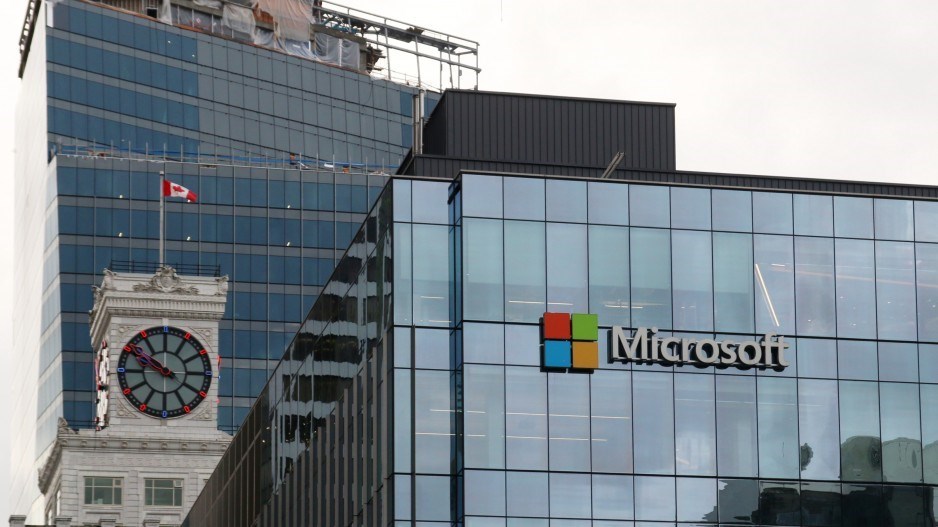Vancouver topped 19 North American technology hubs for job growth in that sector between 2019 and 2023, according to a new .
This is despite having the second lowest salaries among cities examined.
Vancouver's technology job growth was 68 per cent in those years, while Nashville, Tennessee was second with 43-per-cent growth. Austin, Texas ranked No. 3 among cities with more than one million residents with 41-per-cent growth.
The average Vancouver technology worker earned US$102,975, the report found. That was the second lowest compensation among the 19 cities, only beating Toronto's average US$98,469 in technology-worker earnings.
Silicon Valley technology workers made the most money on average, at US$369,075, while San Francisco technology workers made an average of US$313,345. Take a drive down the I-5 corridor to Seattle from Vancouver, and there is a much better compensated batch of technology workers, as technology workers in the Puget Sound area make on average US$285,993, the report found.
Vancouver's fantastic growth in the number of technology workers is slated to slow down considerably, as growth in the next five years is set to be 11.9 per cent, the global commercial real estate and investment management company said in its report.
JLL counted 75,693 technology workers in Vancouver, and anticipates 84,723 such workers by 2028.
Vancouver has 3,959 technology companies, which is 17.9-per-cent more than the city had in 2019, JLL said. It listed the University of British Columbia (UBC) as the region's main technology-oriented university, with 10,450 graduates in the so-called STEM field, which stands for Science, Technology, Engineering and Mathematics.
JLL anticipates that mortgage technology and education technology are likely to continue to receive significant venture capital (VC) funding in Vancouver, while artificial intelligence (AI) and machine learning are expected to see a growing proportion of funding going forward.
"Leasing in the tech sector remains strong in Vancouver despite challenging market conditions," the report said, before hinting that scarce space is a challenge.
Technology companies have been active on the sublease market since the COVID-19 pandemic was coming to a close, but available space continues to shrink, it said.
It ranked Vancouver's downtown core as the region's top technology hub, although it has a 13.3-per-cent vacancy rate. Notable tenants include Amazon, Microsoft and Kabam. Other top hubs are in Burnaby, the Broadway Corridor and Richmond.



